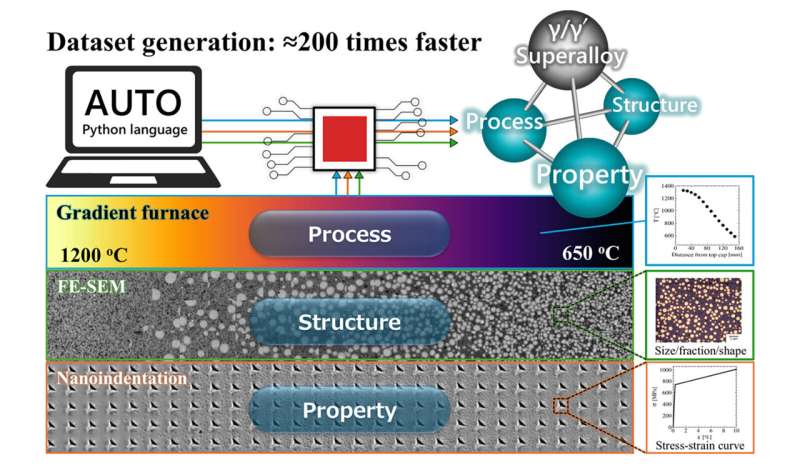A family from Redwood City, California, is grappling with unexpected medical bills totaling over $6,900 after their daughter participated in a COVID-19 research study. Initially drawn in by the promise of free treatment, the family found themselves burdened with costs they believed should have been covered.
In 2022, Maria Fraboni’s daughter tested positive for COVID-19. Shortly after her diagnosis, she received a call from Stanford Health Care’s Infusion Center. The representative informed her that Stanford was conducting a study aimed at alleviating COVID symptoms and minimizing long-term risks. The treatment involved three transfusions, and she was assured that participation would incur no costs.
After completing the transfusions, the Fraboni family was shocked to receive two bills from Stanford, amounting to $6,900. “My heart was just breaking… I mean it’s a good chunk of money!” Maria Fraboni expressed her distress. She reached out to Stanford’s patient relations team, only to be informed that the charges were due to a deductible on her daughter’s insurance plan.
Fraboni found this response troubling, especially since she recalled the initial promise of free treatment. Furthermore, according to California state law at the time, treatments related to COVID-19 should have been fully covered by health plans. Fraboni stated, “She did confirm it should’ve been free. She told me that my daughter should file the claim with Cigna.”
Determined to resolve the issue, Fraboni submitted the necessary paperwork to Cigna twice but faced a frustrating lack of response. “I kept calling Cigna… I couldn’t get a live person,” she noted. The ongoing difficulties with the insurance company only added to her frustration.
In a statement, Stanford Health Care acknowledged the situation. “Our patient relations team is working with the patient,” a representative said. The Fraboni family was later informed by a collection agency that if they paid immediately, the bill would be reduced. Exhausted by the prolonged process, Maria Fraboni decided to pay the revised amount of over $3,900.
Cigna’s response to this situation highlighted a discrepancy in understanding the coverage for COVID-19 treatments. “While California law required full coverage for COVID-19 testing and certain preventive services without cost-sharing in April 2022, it did not mandate full coverage for therapeutics, such as Veklury, at that time,” a spokesperson said. They acknowledged that some clinical trial teams may have provided incorrect information regarding coverage.
Contradicting Cigna’s statement, a notice from the California Department of Insurance clarified that health insurers regulated by the state were indeed required to cover such treatments without cost to patients during the relevant time period. This led Maria Fraboni to emphasize that the issue was not merely about the money but the principle behind her daughter’s experience. “Her trying to do a nice thing that just turned into this nightmare,” she lamented.
After further inquiries, Stanford Health Care informed that they are in the process of issuing a refund as a courtesy to the patient. “The patient should receive notification within the next couple of weeks. There is no outstanding bill with Stanford,” the organization stated.
As the Fraboni family navigates this challenging situation, they hope that their experience will lead to greater clarity and support for participants in medical studies, especially during unprecedented times like the COVID-19 pandemic.






